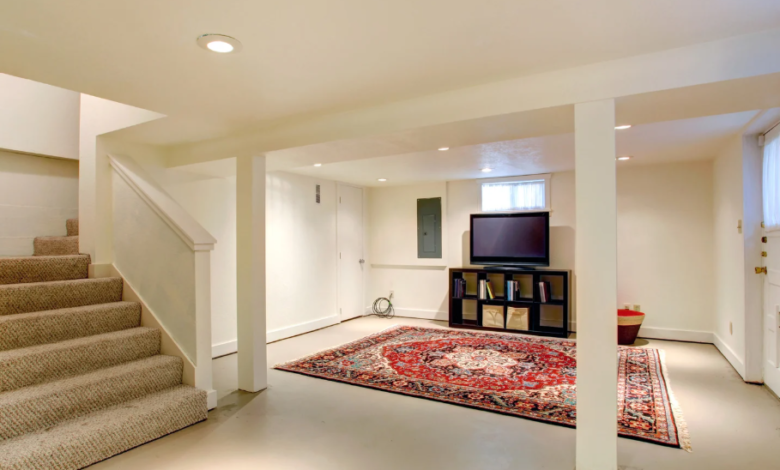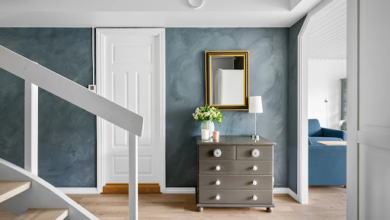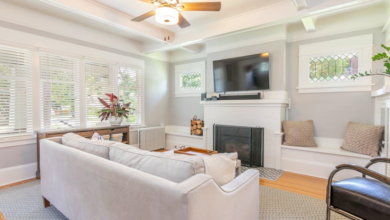The Role of Soundproofing in Basement Renovation Projects

Basement spaces offer a unique opportunity to expand living areas without altering a home’s footprint. Whether converted into a home theater, a gym, or a guest suite, soundproofing plays a crucial role in creating a comfortable and functional space. Early integration of acoustic solutions is essential during basement renovations in Acworth, as it directly influences privacy, noise control, and the overall usability of the area.
Why Soundproofing Should Be a Priority in Basement Projects
Basements often sit directly beneath active living spaces. Without soundproofing, footsteps, conversations, or entertainment systems can create unwanted disruptions between floors. Adding insulation and acoustical barriers minimizes these issues and helps define the basement as a truly separate environment. It also improves the experience for those using the space by blocking external noise from HVAC systems, water pipes, or laundry equipment commonly housed in basement areas. Strategic soundproofing creates a quieter and more peaceful setting that aligns with the intended use of the finished basement, whether for work, sleep, or recreation. Beyond comfort, it can also support energy efficiency when integrated with thermal insulation products, offering added value.
See also: Smart Kitchen And The Transformation Of Modern Homes
Soundproofing Techniques That Work Below Ground
Multiple soundproofing methods can be used depending on the structure and renovation goals. Installing acoustic drywall, resilient channels, and sound-absorbing insulation between studs reduces airborne and impact noise transmission. Sealing gaps around ducts, outlets, and doors is another overlooked yet effective tactic that contributes to an airtight barrier against sound.
Carpeting with thick underpads, acoustic ceiling tiles, and double-pane windows further enhance the acoustic envelope. In open-concept basements, adding interior walls with insulation can create functional zones while improving sound containment. Each decision should be aligned with the purpose of the space and executed by professionals familiar with basement dynamics.
Soundproofing and Property Value
Many homeowners overlook the impact of soundproofing on their home’s resale appeal. Today’s buyers value functionality and privacy just as much as aesthetics. A quiet, multipurpose basement can make a strong impression during showings and appraisals. When assessing the long-term benefits, consider how much value a finished basement adds. A soundproofed, livable lower level increases usable square footage, which directly influences marketability and price. It also serves as a selling point for potential buyers seeking noise control solutions without investing in post-sale renovations.
Planning with the Right Professionals
Soundproofing should not be treated as an afterthought. It must be built into the early stages of basement planning. This means collaborating with contractors who understand acoustics, code compliance, and how various materials perform in below-ground conditions. Budgeting appropriately for acoustic improvements ensures better long-term satisfaction and performance. Selecting the right partner for the job is essential. Knowing what to look for when choosing a basement finishing contractor helps avoid cutting corners and missed steps in soundproofing and structural modifications alike.
Conclusion
Soundproofing transforms a basement from a basic storage space into a versatile and peaceful living area. From enhancing daily comfort to adding measurable home value, it is a foundational part of any quality renovation. Integrating acoustic considerations into basement renovationsensures that your finished space is not only beautiful but functional and quiet, making it an integral part of the home’s livable square footage.





